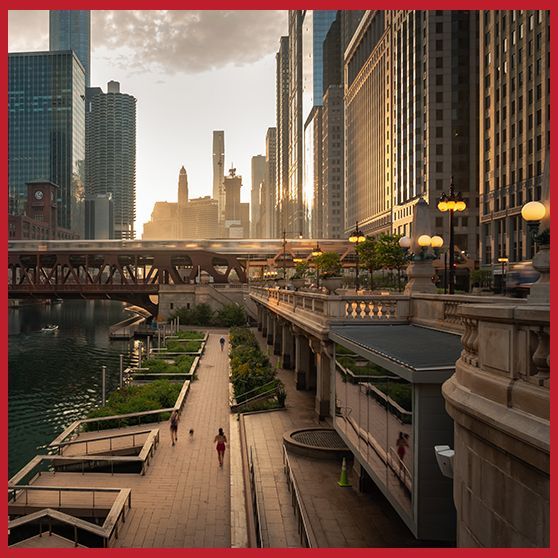
Michigan Rule 6.500 Motion
Michigan Rule 6.500 Motion
Michigan Court Rule 6.500 provides convicted individuals with a mechanism to challenge their convictions or sentences through a Motion for Relief from Judgment after exhausting direct appeals or missing filing deadlines. This post-conviction procedure serves as the exclusive means for defendants to collaterally attack convictions in Michigan state courts when they can no longer proceed by direct appeal. Common grounds for Michigan 6.500 motions include ineffective assistance of counsel, newly discovered evidence, Brady violations involving suppressed exculpatory evidence, and constitutional errors that likely affected case outcomes.
Michigan Post-Conviction Relief Requirements
Successful 6.500 motions require demonstrating "good cause" for not raising issues earlier and "actual prejudice," meaning the error likely affected the trial outcome, unless the court finds a significant possibility of actual innocence. Michigan law generally limits defendants to filing one 6.500 motion, with narrow exceptions for newly discovered evidence or retroactive constitutional rules from the United States Supreme Court. The motion must specify all available grounds for relief, include verification and supporting affidavits or documentary evidence, and comply with strict procedural requirements outlined in Michigan Court Rules 6.501 through 6.509.
How Our Firm Helps
Our firm conducts exhaustive reviews of trial records to identify constitutional violations and procedural errors that satisfy Michigan's stringent "good cause" and "actual prejudice" requirements, or that establish a significant possibility of actual innocence. Experienced appellate counsel assembles investigative teams, develops fresh evidence through forensic experts and witness interviews, and drafts comprehensive memoranda meeting every technical requirement outlined in Michigan Court Rules 6.501 through 6.509. By maintaining close attorney-client relationships throughout the process, our firm ensures that all available grounds for relief are identified, properly documented with verification and supporting affidavits, and strategically presented to overcome Michigan's one-motion limitation and procedural barriers.
Attorney David Lewarchik's extensive experience handling Michigan post-conviction matters spans over twenty years and includes more than 200 appeals in various jurisdictions. Mr. Lewarchik is a graduate of a top law school, providing him with exceptional legal education and advanced analytical capabilities. As a former clerk and staff attorney for the appellate court, Mr. Lewarchik gained invaluable insight into judicial decision-making processes that directly informs strategic approaches to Michigan 6.500 motions. This insider perspective enables our firm to anticipate judicial concerns about procedural compliance, craft persuasive arguments addressing Michigan's strict "good cause" and "actual prejudice" standards, and present compelling evidence supporting claims of actual innocence. Whether seeking to set aside a conviction, obtain a new trial, or modify an unlawful sentence, our proven track record provides Michigan defendants with sophisticated representation navigating the complex requirements of MCR 6.508(D).
Frequently Asked Questions
What does "good cause" mean under Michigan Rule 6.500?
"Good cause" under MCR 6.508(D) requires showing that the grounds for relief could not have been raised on direct appeal due to circumstances beyond the defendant's control. This includes issues like newly discovered evidence, ineffective assistance of appellate counsel, or constitutional violations that were not reasonably discoverable earlier.
What is "actual prejudice" in Michigan 6.500 motions?
"Actual prejudice" means demonstrating that the alleged constitutional error likely affected the case outcome, not merely that an error occurred. The defendant must show that but for the error, there is a reasonable probability the result would have been different.
Can I file multiple 6.500 motions in Michigan?
Michigan law generally limits defendants to one Motion for Relief from Judgment under MCR 6.502(G). A second or successive 6.500 motion can be filed if it is based on a retroactive change in constitutional law announced by the United States Supreme Court that occurred after the previous motion, or based on newly discovered evidence that was not discovered before the previous motion. Additionally, judges have discretion to consider successive motions when there is a substantial probability that the defendant is innocent.
How long do I have to file a Michigan 6.500 motion?
Michigan does not impose an absolute time limit for filing initial 6.500 motions, but unreasonable delay can be a factor courts consider when evaluating good cause. Strategic timing and prompt action upon discovering grounds for relief strengthens petitions.


